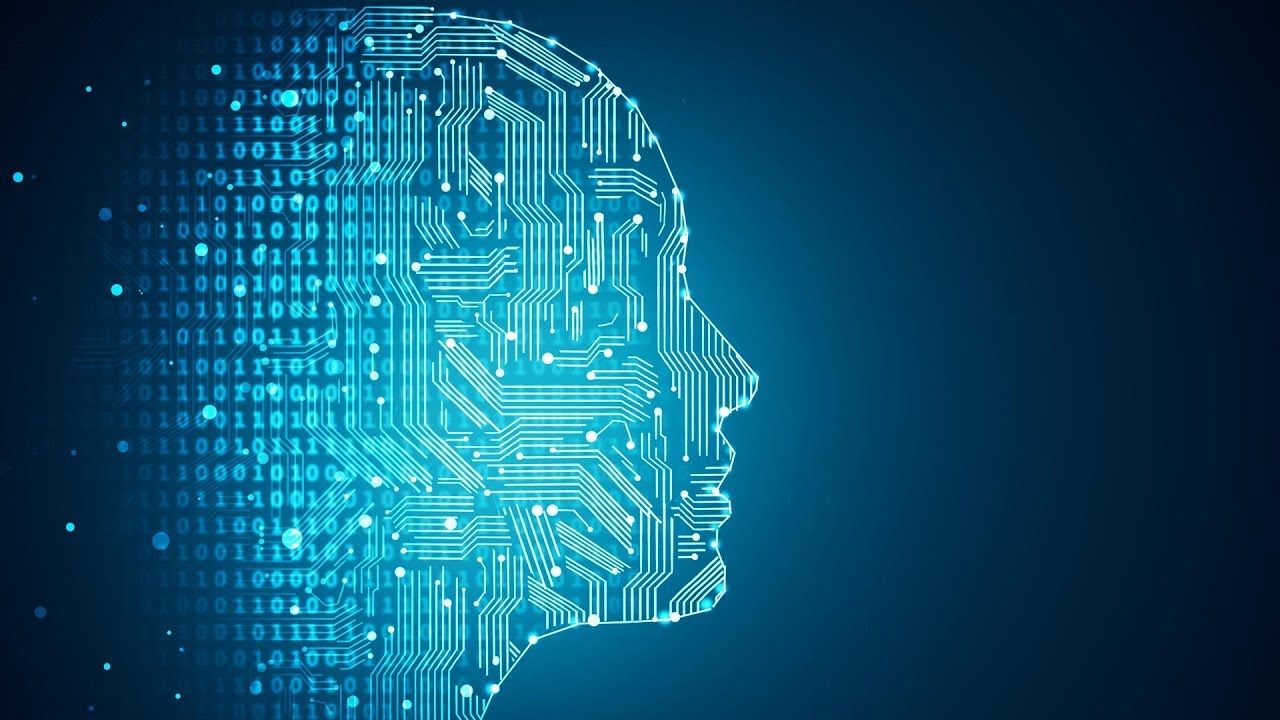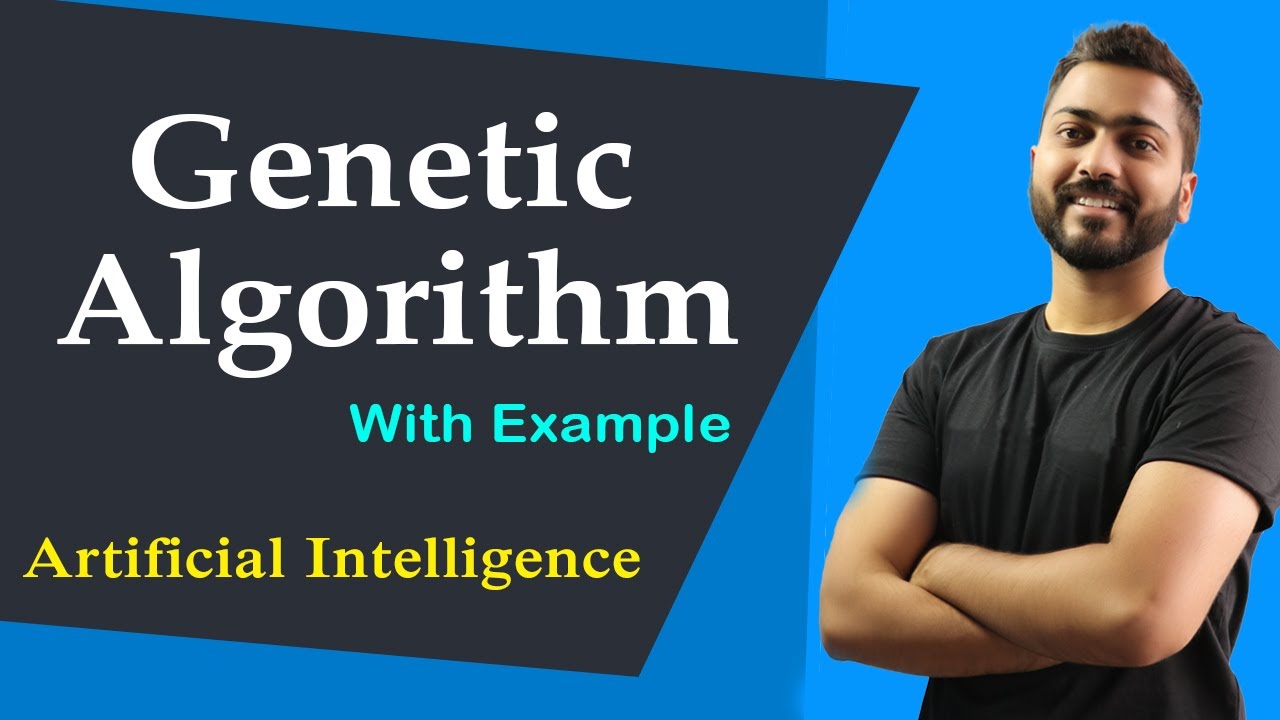Keele University
Artificial intelligence (AI) and the information age are bringing us more information about ourselves and each other than any society has ever known. Yet at the same time it brings machines seemingly more capable of every human endeavour than any human can be. What are the limits of AI? Of intelligence and humanity more broadly? What are our ethical obligations to machines? Do these alter our obligations to each other? What is the basis of our social obligations?
In this talk I will argue that there are really only two problems humanity (or any other species) has to solve. These are sustainability and inequality, or put another way, security and power. Or put a third way, how big of a pie can we make, and how do we slice up that pie. Life is not a zero-sum game; we and many other species use the security of sociality to construct public goods where everyone benefits. But still, every individual needs enough pie to thrive, and this is the challenge of inequality. I will argue that understanding these processes answers the questions above, and then will look at how AI is presently affecting both these problems. I will close with concrete policy recommendations for managing AI and our society.
Dr Joanna Bryson is an Associate Professor (Reader) at the University of Bath. Dr Bryson’s first and third degrees were in Psychology (Chicago, Edinburgh), while her second and fourth were in Artificial Intelligence (Edinburgh, MIT), so she approaches AI from the perspective and for the purpose of understanding human behaviour. Before her postgraduate education she did programming and system administration in Chicago’s financial industry, and has since consulted for a number of companies on AI, notably LEGO. She has worked off and on in AI ethics since 1996, and helped author the UK research councils’ Principles of Robotics in 2010. In the last two years she’s consulted to the Swiss National Science Foundation and the Canadian Institute for Advanced Research on researching the impact of AI on society, the Red Cross on autonomous weapons, Chatham House on the impact of AI on the nuclear threat, and the British Parliament, the British Financial Conduct Authority, the European Parliament and Commission, the Council of Europe, and the OECD regarding the regulation of AI.
Source




A thermostat is not an animal. It has one "behavior" that is externally controlled (a human sets a tripping point; when temperature crosses that point, contacts on a switch change). And by making intelligence as simple as computation, the word no longer has any meaning.
Ethics and Technology sides fairly balanced keeping the end evenly open.